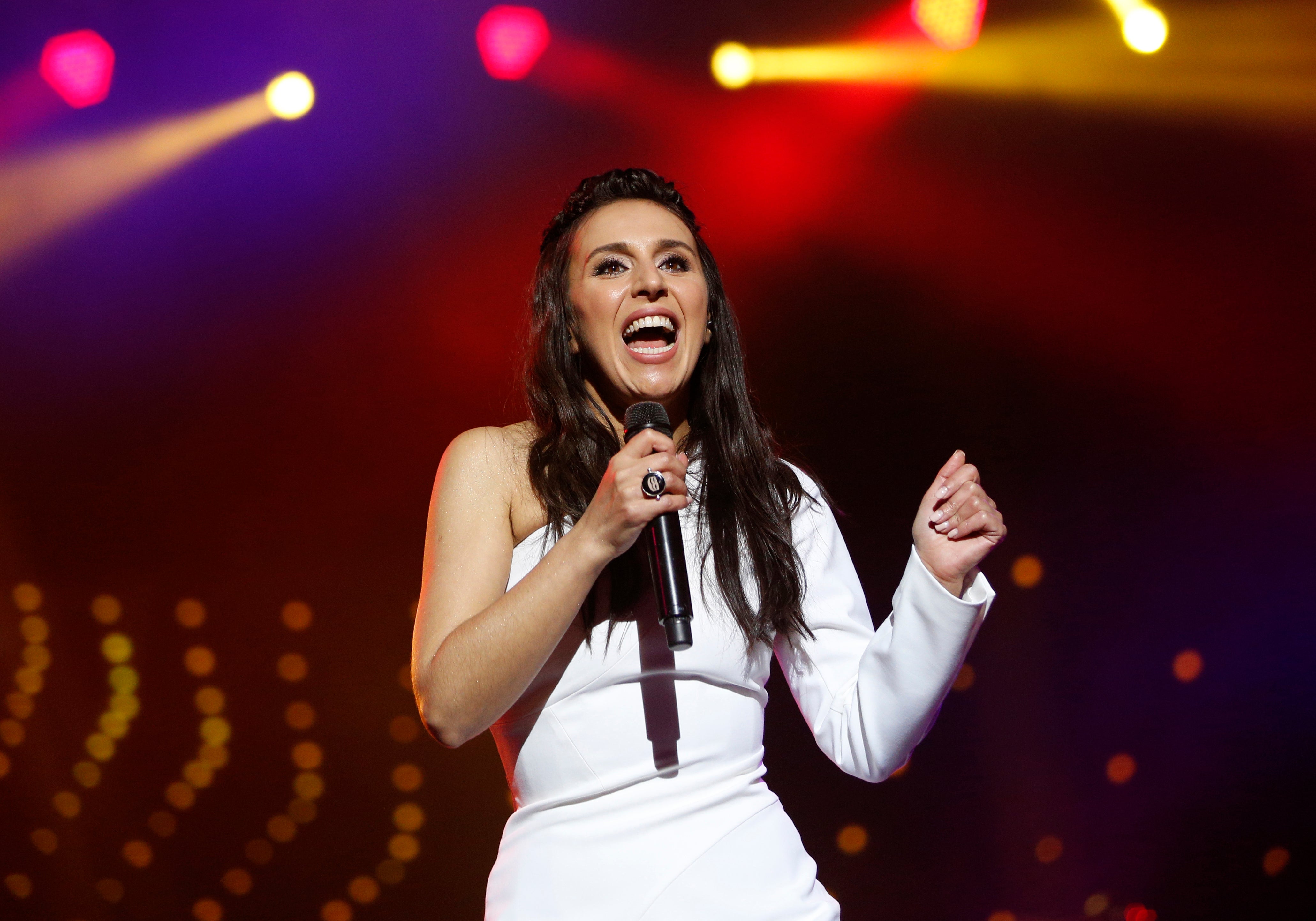Jamala: Russia puts Ukrainian winner of 2016 Eurovision Song Contest on wanted list
Russia has placed a Ukrainian singer who won the 2016 Eurovision Song Contest on its wanted list

Your support helps us to tell the story
From reproductive rights to climate change to Big Tech, The Independent is on the ground when the story is developing. Whether it's investigating the financials of Elon Musk's pro-Trump PAC or producing our latest documentary, 'The A Word', which shines a light on the American women fighting for reproductive rights, we know how important it is to parse out the facts from the messaging.
At such a critical moment in US history, we need reporters on the ground. Your donation allows us to keep sending journalists to speak to both sides of the story.
The Independent is trusted by Americans across the entire political spectrum. And unlike many other quality news outlets, we choose not to lock Americans out of our reporting and analysis with paywalls. We believe quality journalism should be available to everyone, paid for by those who can afford it.
Your support makes all the difference.Russia has placed a Ukrainian singer who won the 2016 Eurovision Song Contest on its wanted list, state news agencies reported Monday.
The reports said an Interior Ministry database listed singer Susana Jamaladinova as being sought for violating a criminal law.
The independent news site Mediazona, which covers opposition and human rights issues, said Jamaladinova was charged under a law adopted last year that bans spreading so-called fake information about the Russian military and the ongoing fighting in Ukraine.
Jamaladinova, who performs under the stage name Jamala, is of Crimean Tatar descent. She won the 2016 Eurovision contest with the song “1944,” a title that refers to the year the Soviet Union deported Crimean Tatars en masse.
Her winning performance came almost exactly two years after Russia annexed Crimea as political turmoil gripped Ukraine. Most other countries regard the annexation as illegitimate.
Russia protested “1944” being allowed in the competition, saying it violated rules against political speech in Eurovision. But the song made no specific criticism of Russia or the Soviet Union, although it drew such implications, opening with the lyrics “When strangers are coming, they come to your house, they kill you all and say ‘We’re not guilty.’”